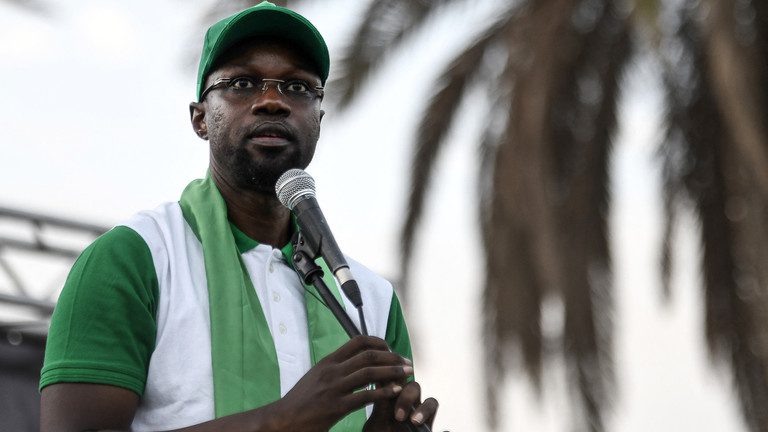Africa
Senegal bans the opposition party

Authorities believe that the party’s leaders have continued to breach their constitutional responsibilities.
The Patriots of Senegal for Work, Ethics, and Fraternity (PASTEF), the party of opposition leader Ousmane Sonko, has been disbanded by Senegal’s government, which accused the coalition of inciting people to “insurgency movements.”
Frequent violent rallies, authorised by the party, have resulted in “serious” consequences, including several deaths and injuries, as well as looting and property destruction, according to a statement from Senegal’s interior ministry.
“The most recent are serious disruptions to public order recorded during the first week of June 2023, following those recorded in March 2021,” the ministry added.
Sonko was arrested and charged with new offences, including insurrection plotting, and remanded in the Sebikotane prison.
On Monday, supporters of the opposition leader clashed with police in Dakar and Ziguinchor, accusing authorities of aiming to marginalise their candidate before of the February 2024 presidential election.
Following Monday’s protests in Ziguinchor, “two lifeless male” bodies were discovered, according to Senegalese Interior Minister Antoine Felix Abdoulaye Diome.
After Sonko was sentenced to two years in prison for immoral behaviour towards minors under the age of 21, riots erupted across the country in June, killing at least 16 people. He was not, however, detained.
The PASTEF party has accused President Macky Sall’s government of political witch-hunting and has urged demonstrators to come to the streets to fight attempts to scare Sonko from competing in the February presidential elections.
The interior ministry, on the other hand, stated on Monday that the opposition party’s activities constituted a “serious and permanent breach of the obligations of political parties” under the country’s constitution.
According to Reuters, a PASTEF spokeswoman stated that the party will “attack this decision, the Senegalese people will resist.”
Concerns about future unrest in the aftermath of the detention of the opposition leader on Monday prompted authorities in the former French colony to block internet access in order to prevent the transmission of “hateful messages.”
